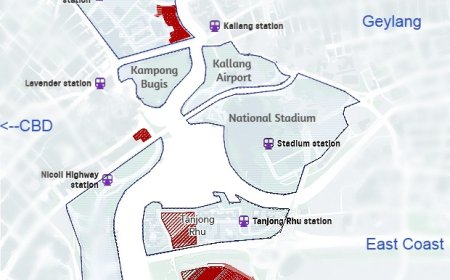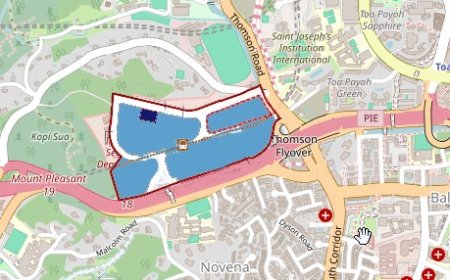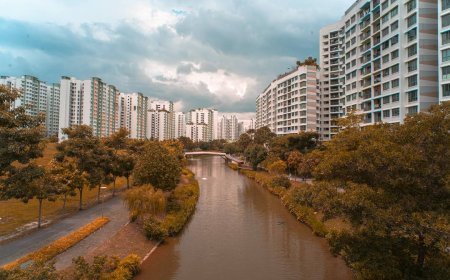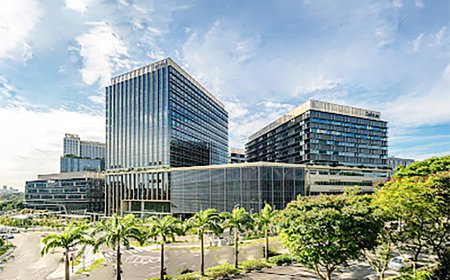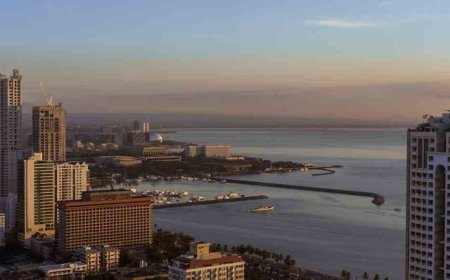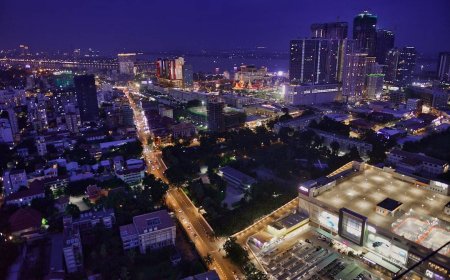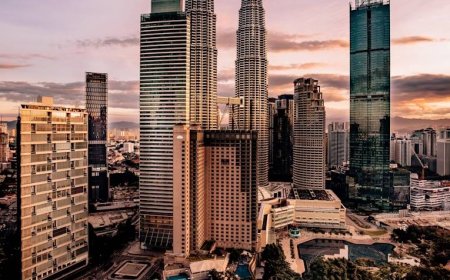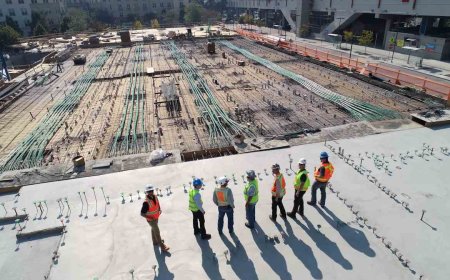Step-by-Step Guide: How Foreigners Can Invest in Malaysian Real Estate in 2025
Discover how foreigners can legally buy property in Malaysia. Learn about minimum prices, restrictions, MM2H, and the full step-by-step process for a secure investment in 2025.

Malaysia continues to be a popular destination for foreign property investment due to its relatively affordable prices, strong legal framework, and favorable living conditions. However, the process of acquiring property in Malaysia as a foreigner involves several key regulatory and procedural requirements that must be followed. These include restrictions on property types, minimum purchase thresholds, and obtaining state approval. This comprehensive guide outlines the detailed steps and considerations foreigners need to understand before making a property investment in Malaysia.
1. Understand the Legal Framework and Regulations
Before initiating the property search, foreign investors should familiarize themselves with the legal guidelines that govern property acquisition by non-Malaysian citizens.
Minimum Purchase Price
Foreigners are required to meet a minimum purchase price when buying property in Malaysia. This threshold typically starts at RM1 million per unit but varies depending on the state. For example, certain states like Johor and Penang may impose higher limits, while others may allow lower thresholds for specific programs or areas.
Restrictions on Property Types
Foreigners are generally not allowed to purchase low-cost housing units, properties under Malay Reserve Land, and certain agricultural lands. Additionally, some restrictions may apply to purchasing freehold properties, especially in strategic zones or heritage areas. Most properties available to foreigners are leasehold, offering long-term use rights but not permanent ownership.
Consideration of the MM2H Program
The Malaysia My Second Home (MM2H) program may offer foreign buyers long-term stay visas and other benefits that enhance property investment opportunities. Participants in this program may have access to more flexible property rules, depending on policy updates.
2. Search for Property and Appoint Qualified Professionals
Once the legal basics are understood, the next step is to identify suitable property options and engage professionals to assist with the transaction.
Hire a Licensed Real Estate Agent
A real estate agent experienced with foreign clients can provide valuable insights into property locations, prices, and legal eligibility. They can also help arrange property viewings and provide market comparisons.
Engage a Property Lawyer
Hiring a lawyer with expertise in Malaysian property law is essential. The lawyer will assist in drafting contracts, performing legal checks, and managing compliance with the necessary procedures for foreign ownership.
3. Conduct Due Diligence and Manage Documentation
Before any agreement is signed, the buyer must complete a full due diligence process to ensure the transaction is secure and lawful.
Property Verification and Inspection
It is critical to verify the property’s condition, surrounding infrastructure, and legal standing. A property inspection should be conducted, and background checks on the developer or seller should be performed.
Title Search
The lawyer will conduct a title search to confirm that the seller has legal ownership of the property and that there are no liens, caveats, or outstanding loans registered against it.
Sales and Purchase Agreement (SPA)
The SPA is the main legal document governing the transaction. It outlines the agreed price, payment terms, deadlines, and conditions. This document must be carefully reviewed and signed by both parties once all terms are negotiated and verified.
4. Obtain State Authority Approval
Foreign ownership of Malaysian property requires formal approval from the state authority where the property is located.
Application Process
The legal representative will prepare and submit the application to the respective State Land Office. This process usually takes between one and three months. Approval is granted based on compliance with legal requirements and the genuineness of the transaction.
5. Fulfill Financial Obligations
Property purchase involves more than just the selling price. Buyers must be prepared to handle all financial obligations promptly.
Payment Structure
The SPA will include a payment schedule. Typically, a deposit of 10 percent of the purchase price is paid upon signing the SPA. The remaining balance is settled in stages according to construction milestones or a lump sum upon completion for completed properties.
Stamp Duty and Legal Fees
Stamp duty is charged based on a tiered system according to the property price. Legal fees, valuation charges, and administrative fees must also be budgeted.
6. Complete the Sale and Register Ownership
After fulfilling the payment terms and receiving approval from the state authority, the ownership transfer process can begin.
Final Payment and Handover
The buyer must settle the remaining amount along with all applicable taxes and fees. Upon successful payment, the seller will issue the necessary documents to transfer ownership.
Registration of Ownership
The property’s title will be transferred and registered at the relevant Land Office Registry, officially making the foreign buyer the lawful property holder.
Additional Considerations for Foreign Investors
Malaysia My Second Home (MM2H) Visa
For those intending to live in Malaysia for extended periods, the MM2H visa offers residency privileges. While this program is not mandatory for property investment, it provides additional benefits such as visa flexibility and possible tax incentives.
Leasehold versus Freehold Ownership
Most properties available to foreigners are sold under leasehold titles, with durations typically ranging from 60 to 99 years. Freehold options are limited and subject to stricter regulations.
Tax Implications and Reporting
Investors must be aware of Malaysia’s Real Property Gains Tax (RPGT), which is levied on profits made from the sale of property. It is advisable to consult a tax advisor to ensure compliance with local tax obligations.
Financial Documentation
Buyers should prepare relevant financial documents, including bank statements, employment verification, and proof of funds, to support the transaction and any visa applications related to property ownership.
Conclusion
Investing in Malaysian real estate as a foreigner is entirely possible with proper planning, legal compliance, and professional guidance. Understanding local regulations, fulfilling financial and procedural obligations, and choosing the right professionals are critical to a smooth and successful property transaction. While some restrictions exist, Malaysia remains one of the more accessible property markets in Southeast Asia for international investors, particularly for those interested in long-term residence or retirement.
Algene Toh
Disclaimer: The information presented on BSR2.com is intended for general informational purposes only. It does not constitute legal, financial, investment, or real estate advice and should not be relied upon as such. While every effort has been made to ensure the accuracy, reliability, and completeness of the content at the time of publication, all data is derived from publicly available sources and may be subject to change without notice. BSR2.com makes no representations or warranties of any kind, express or implied, regarding the suitability, timeliness, or accuracy of the information provided for any specific purpose. Users are strongly encouraged to seek independent advice from qualified professionals before making any decisions based on the content found on this website. BSR2.com shall not be held liable for any loss, damage, or consequence, whether direct or indirect, arising from the use of or reliance on the information provided. The content is intended as a general guide and does not take into account individual circumstances.
What's Your Reaction?
 Like
0
Like
0
 Dislike
0
Dislike
0
 Love
0
Love
0
 Funny
0
Funny
0
 Angry
0
Angry
0
 Sad
0
Sad
0
 Wow
0
Wow
0

